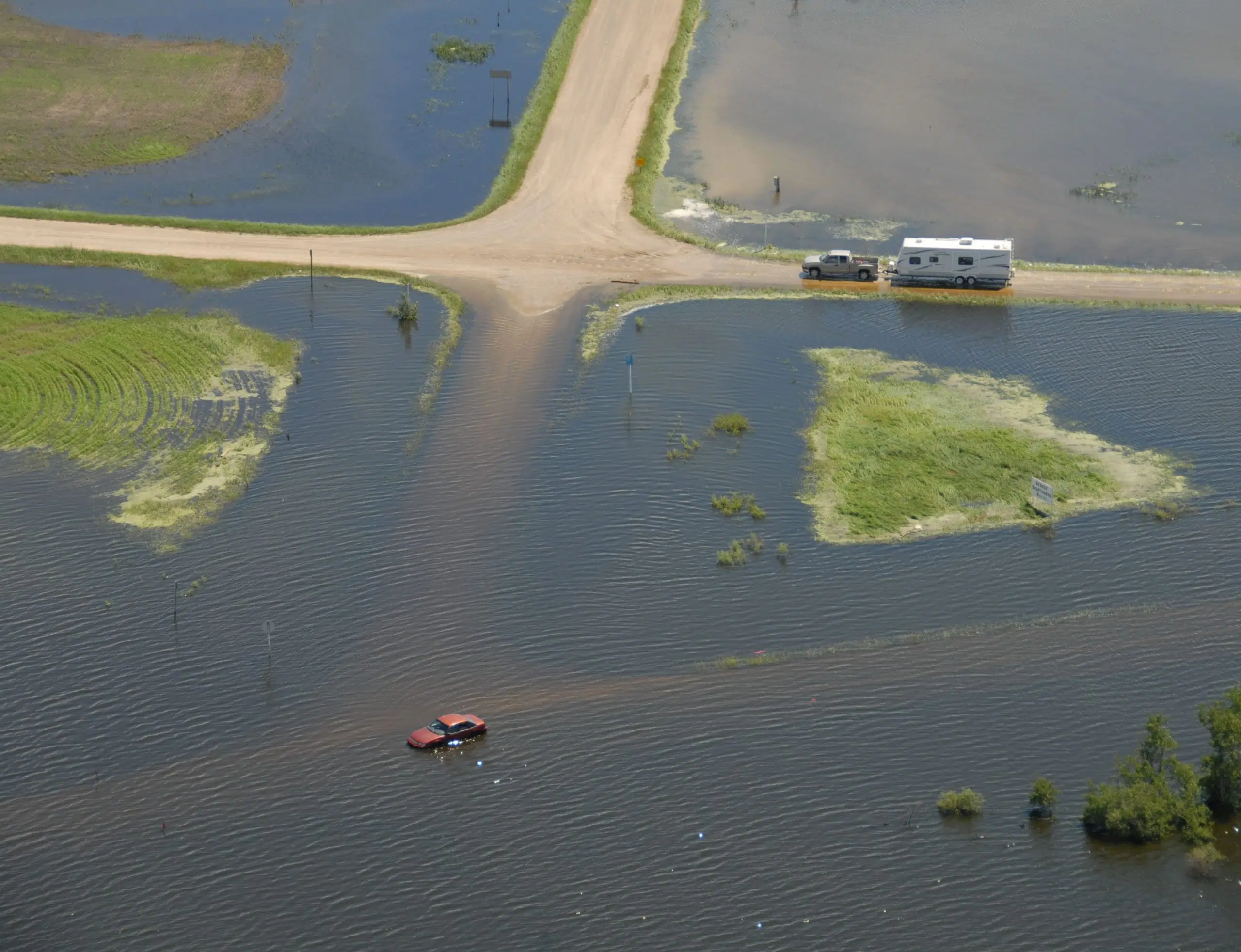
WSA awash in opinions about Sask. drainage
Hundreds of farmers, rural politicians, and conservationists have weighed in, and now it’s up to the government to direct the tides of opposing views to create a drainage plan for Saskatchewan.
“It’s worse now that it was five years ago. The more rain we get, the more snow we have, the more water we get and it has got no place to go,” said Stan Ganczar, councilor with the RM of Griffin, near Weyburn.
The RM has experienced significant flooding in recent years, and people are hoping to build a drainage ditch to redirect water into the Alameda Dam.
“We’ve been underwater and we didn’t see crops for three years because we were too wet. And we’re wet now. I still didn’t get my winter wheat combined, the combine is getting stuck. Everybody is behind,” said Ganczar at the annual Saskatchewan Association of Rural Municipalities (SARM) convention.
The bulk of people who took part in a consultation process set up by the Water Security Agency (WSA) were farmers. Nearly 80 per cent of them say they are impacted by drainage, but less than half admit to draining land.
Drainage on the prairies has been a decades-old battle, with farmers trying to gain more farmland and conservationists trying to save wetlands.
In the midst of this, politicians in the countryside bear the brunt of the squabbles between neighbours when land is adversely impacted by drainage activity.


